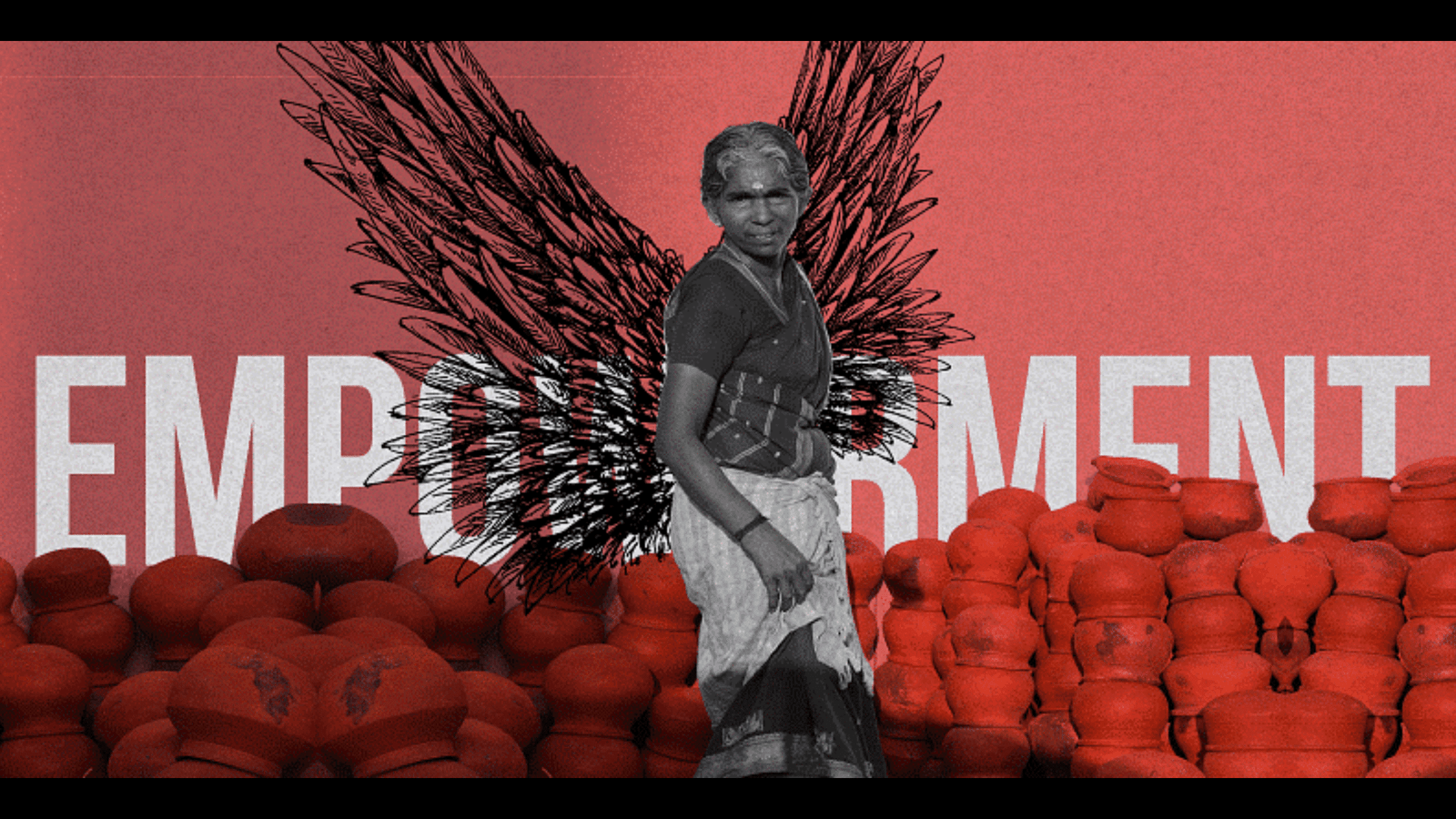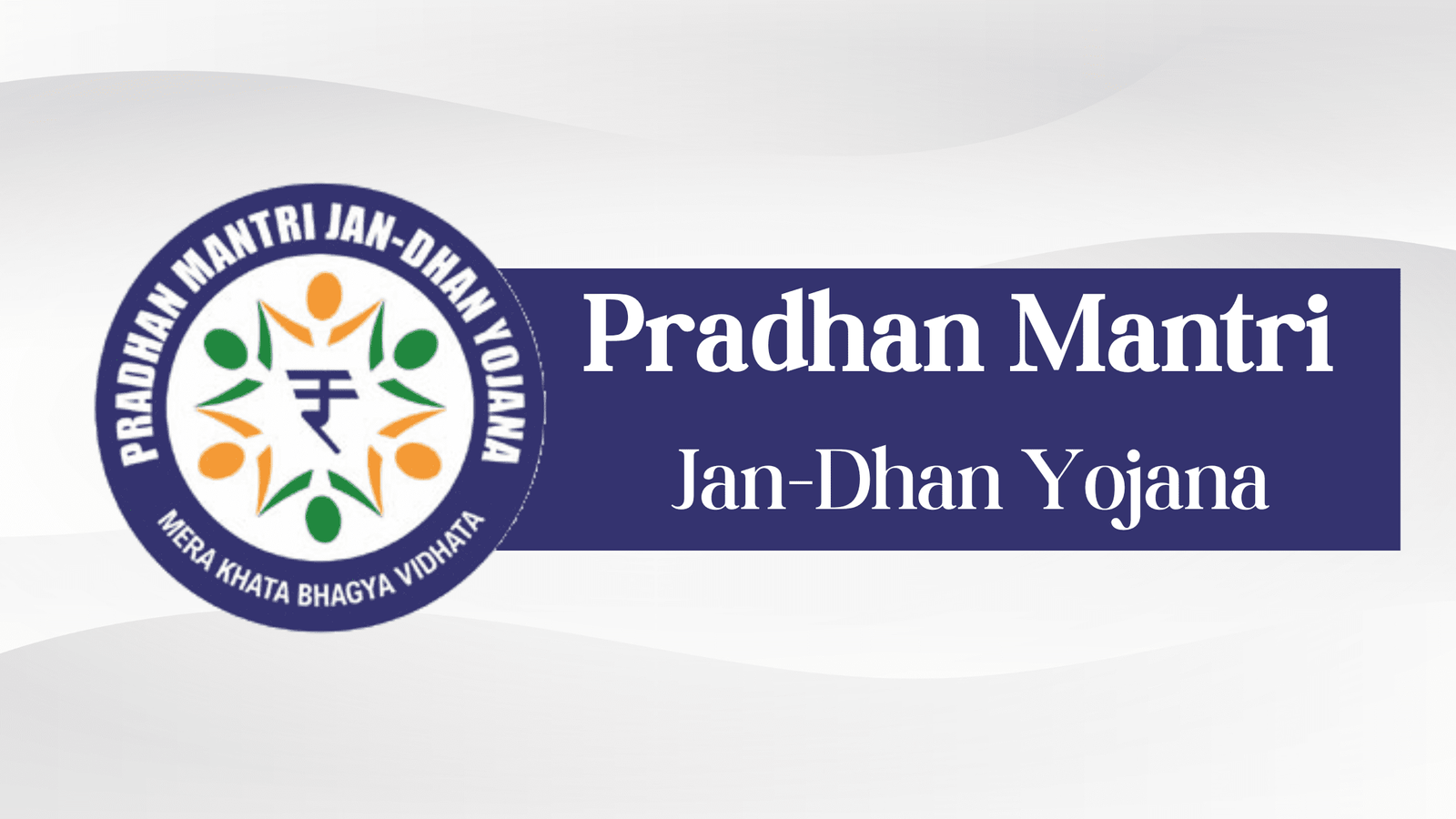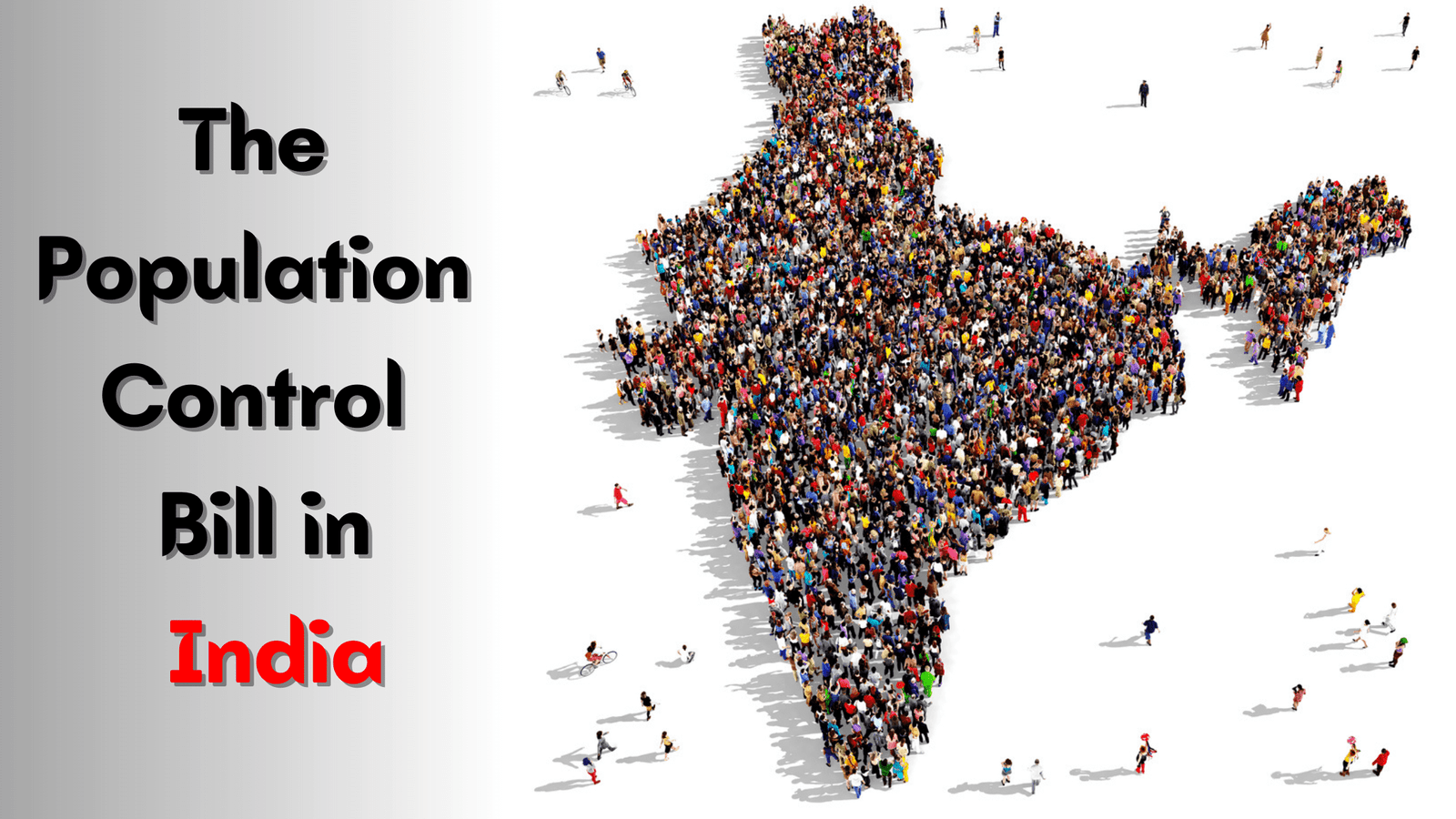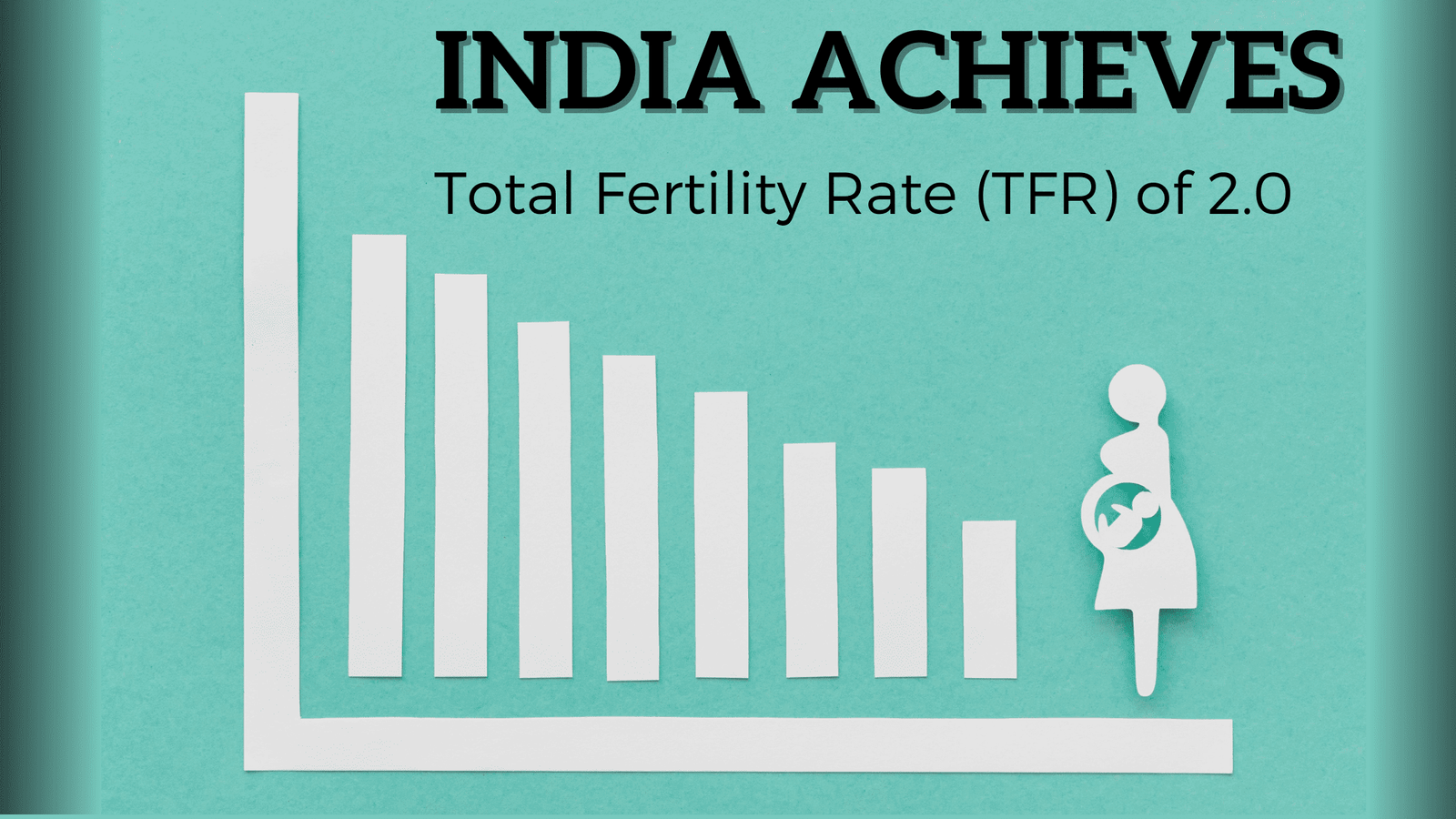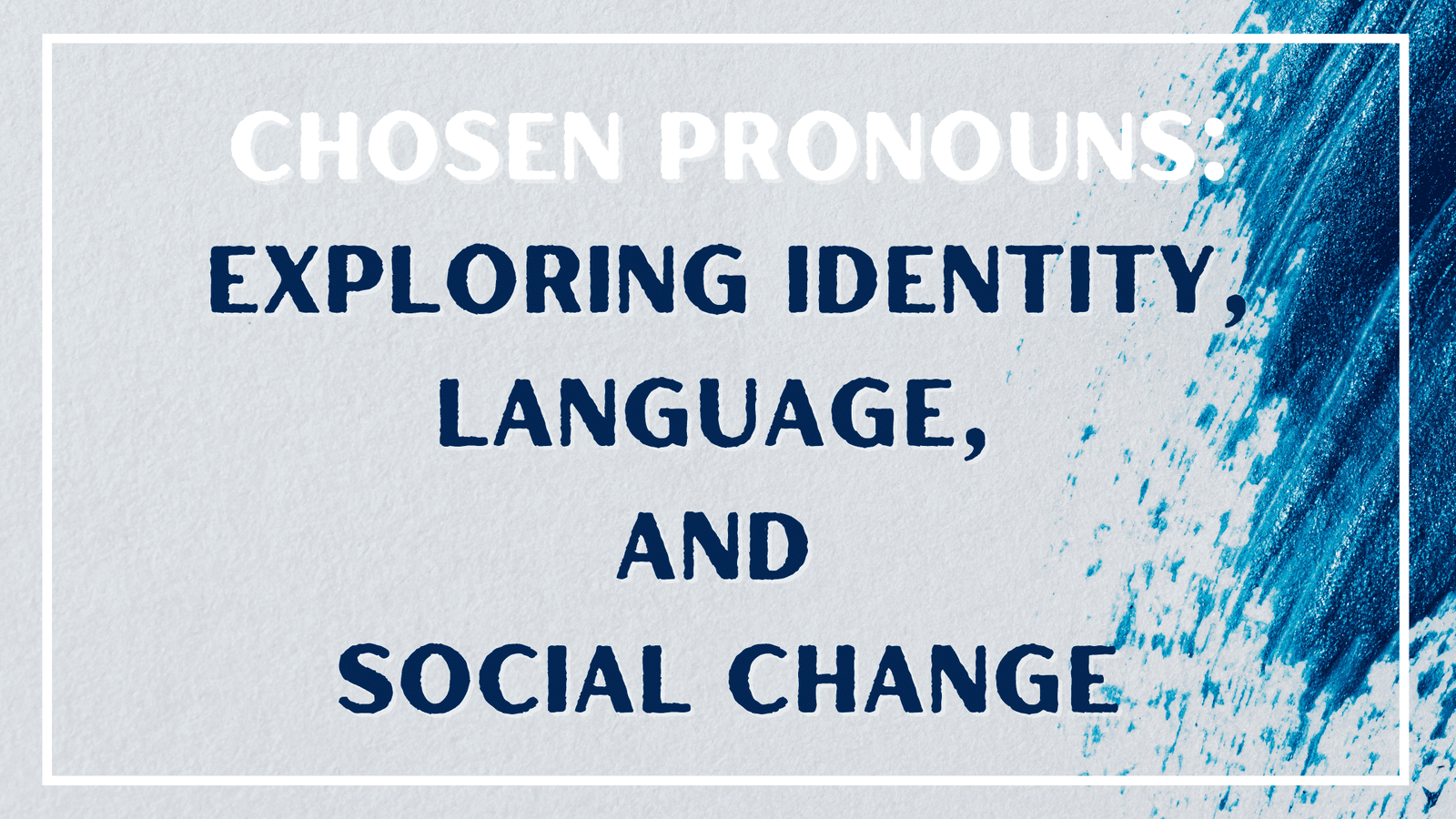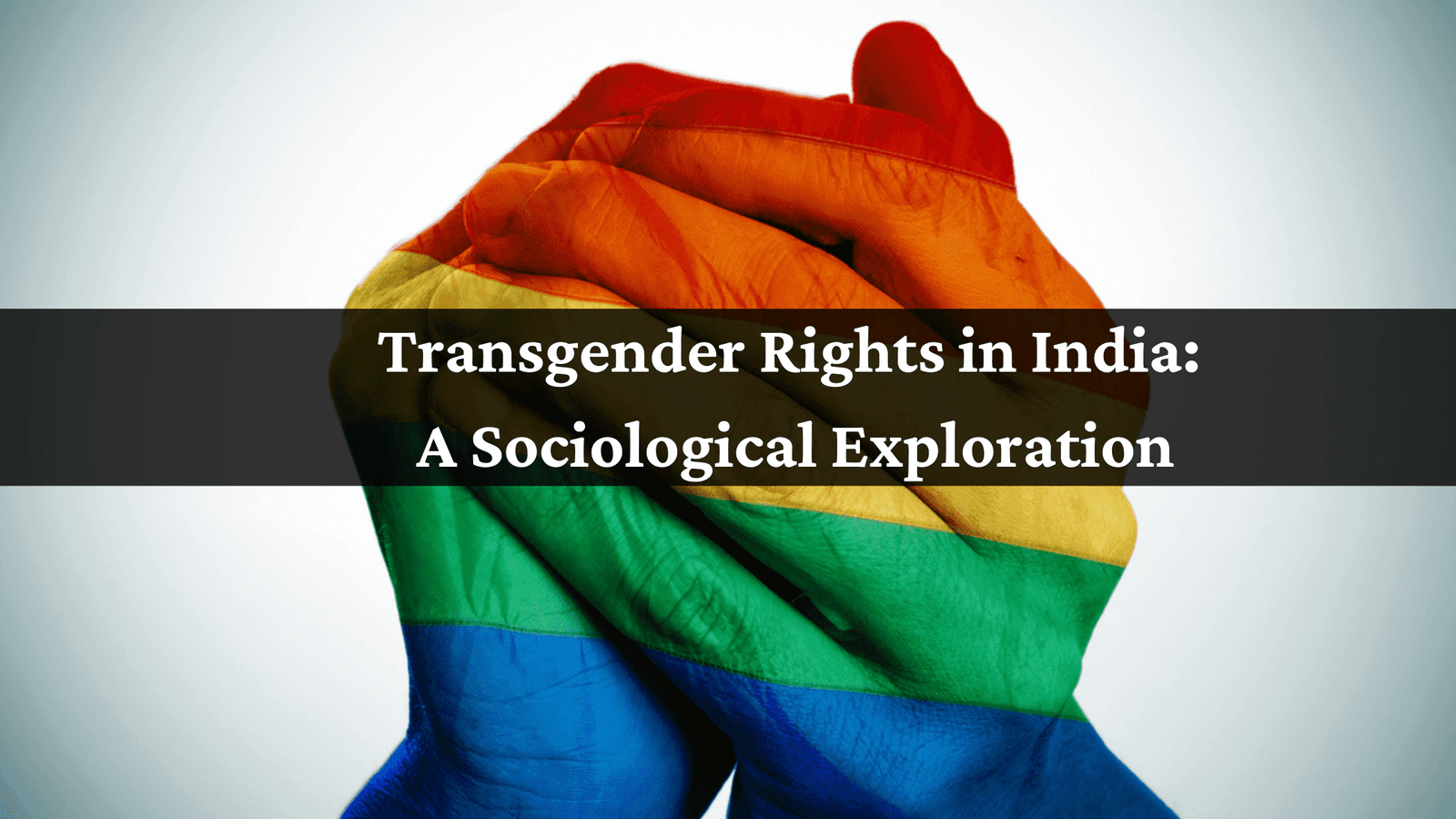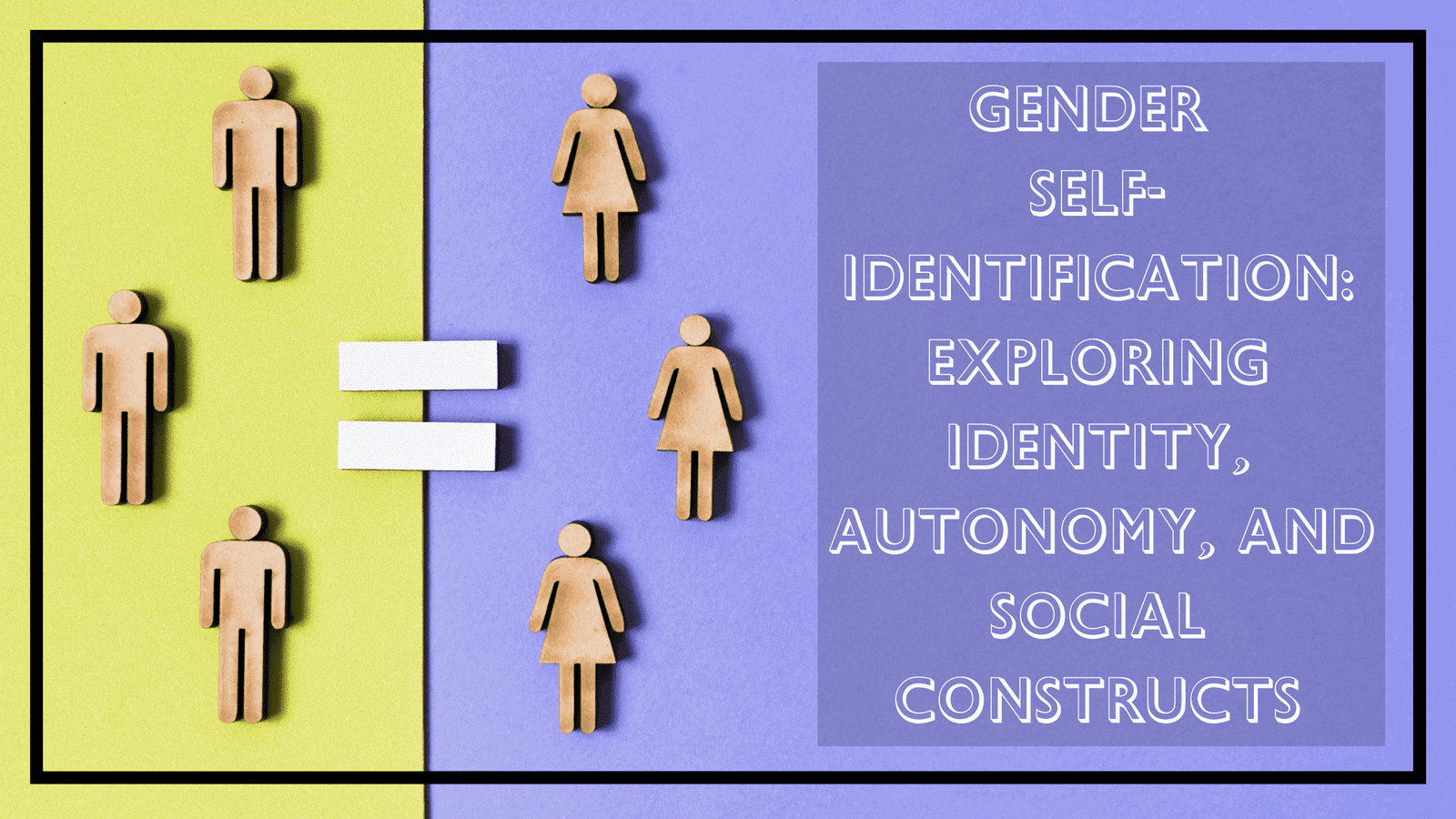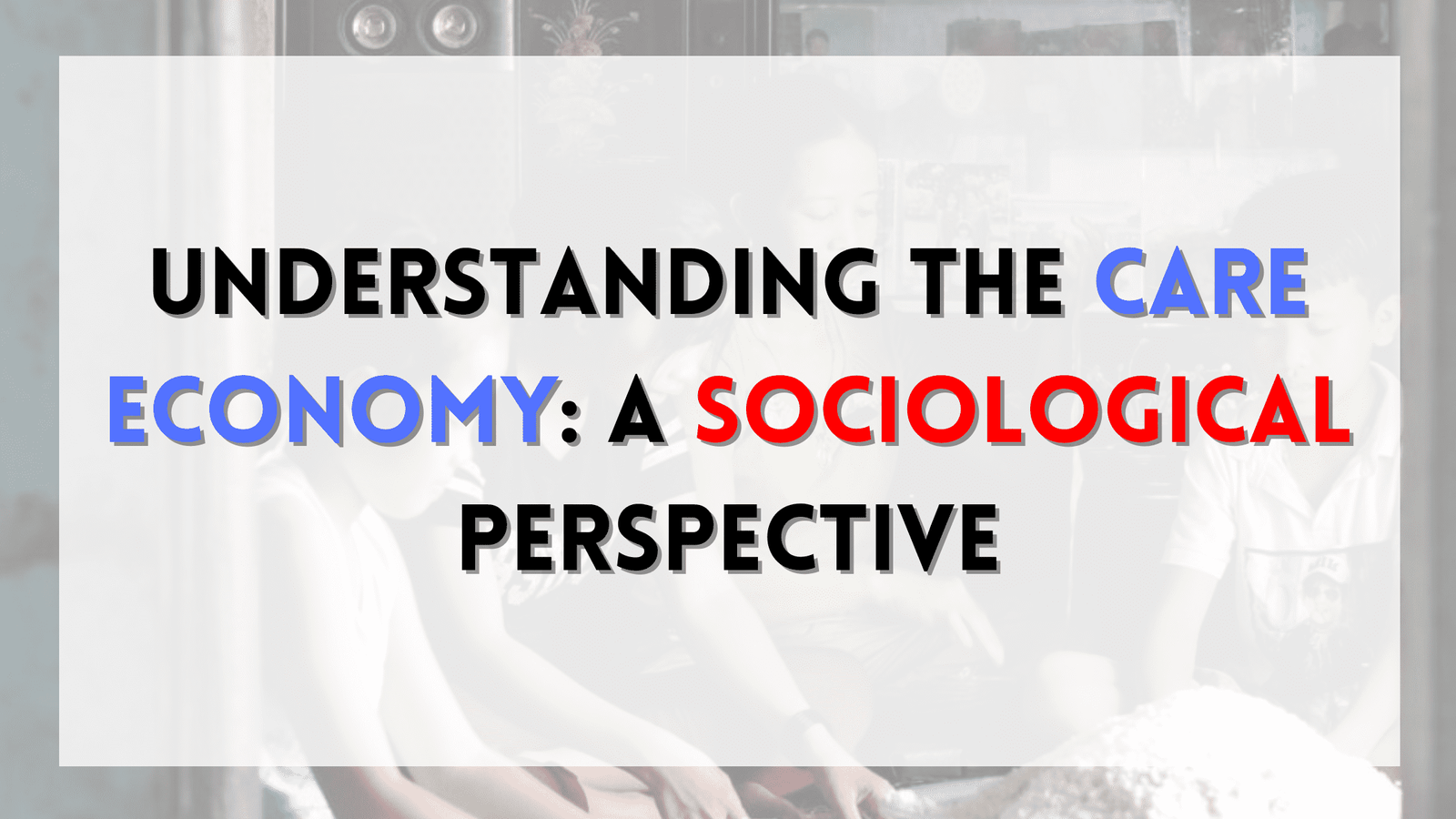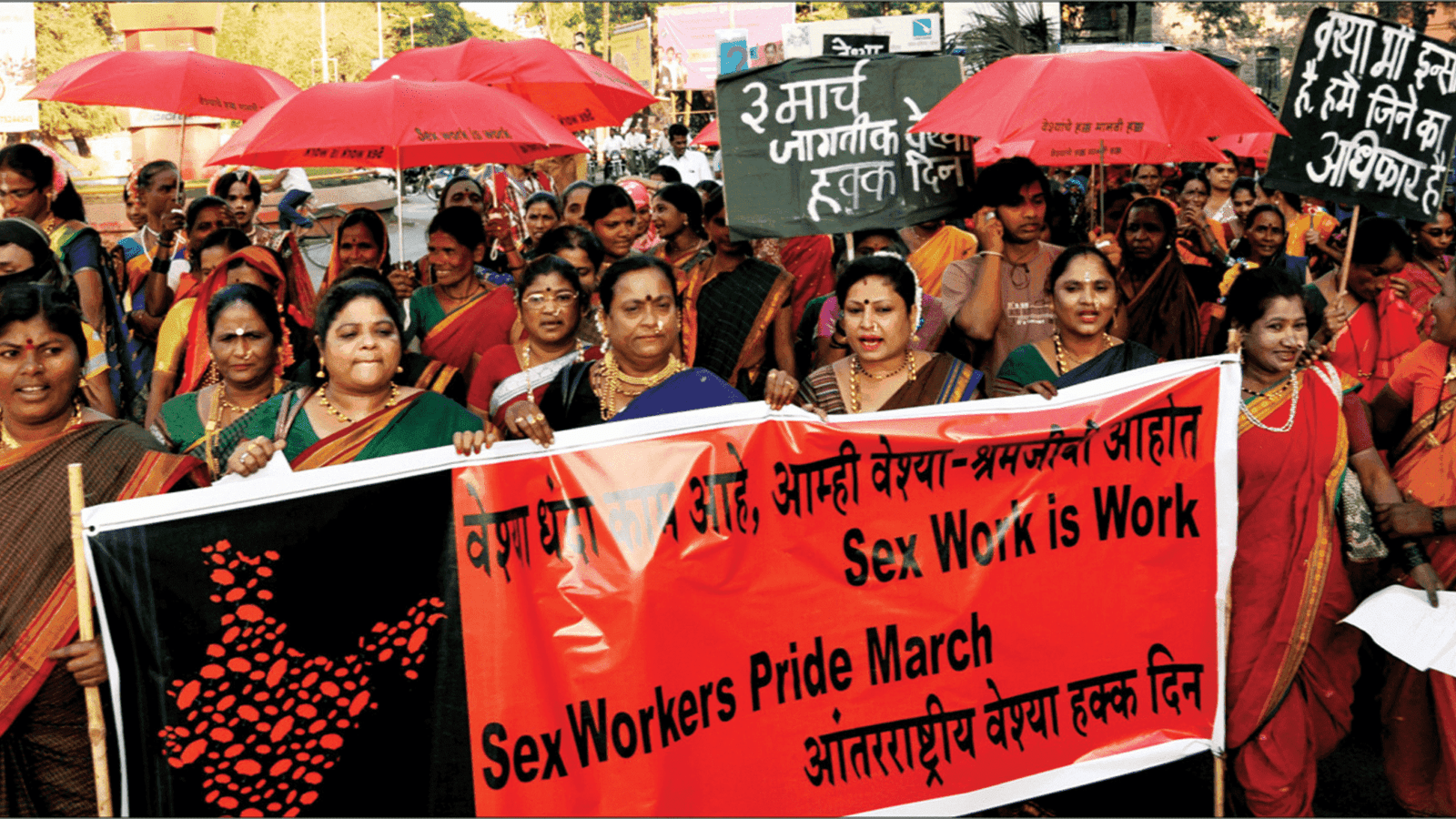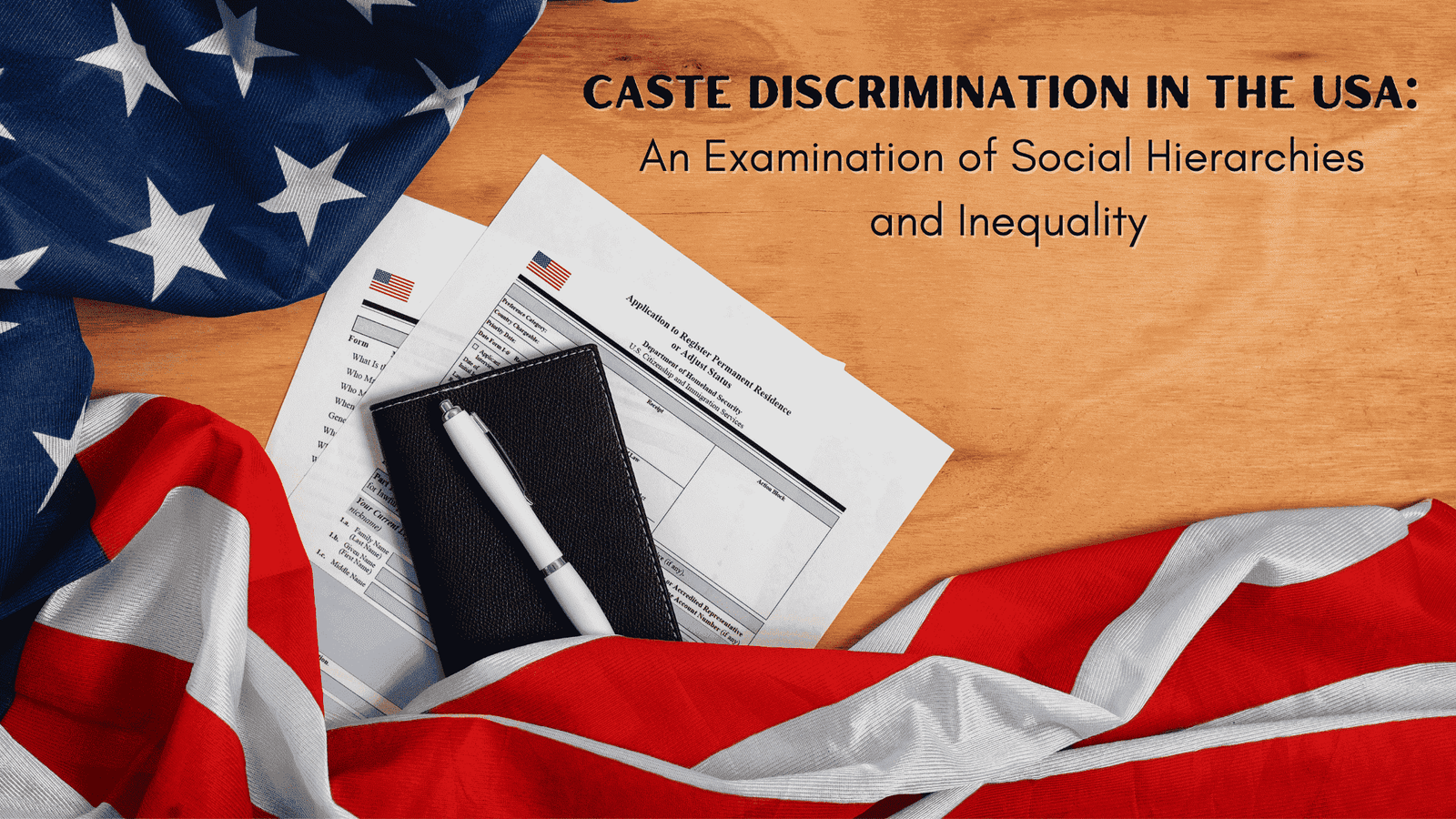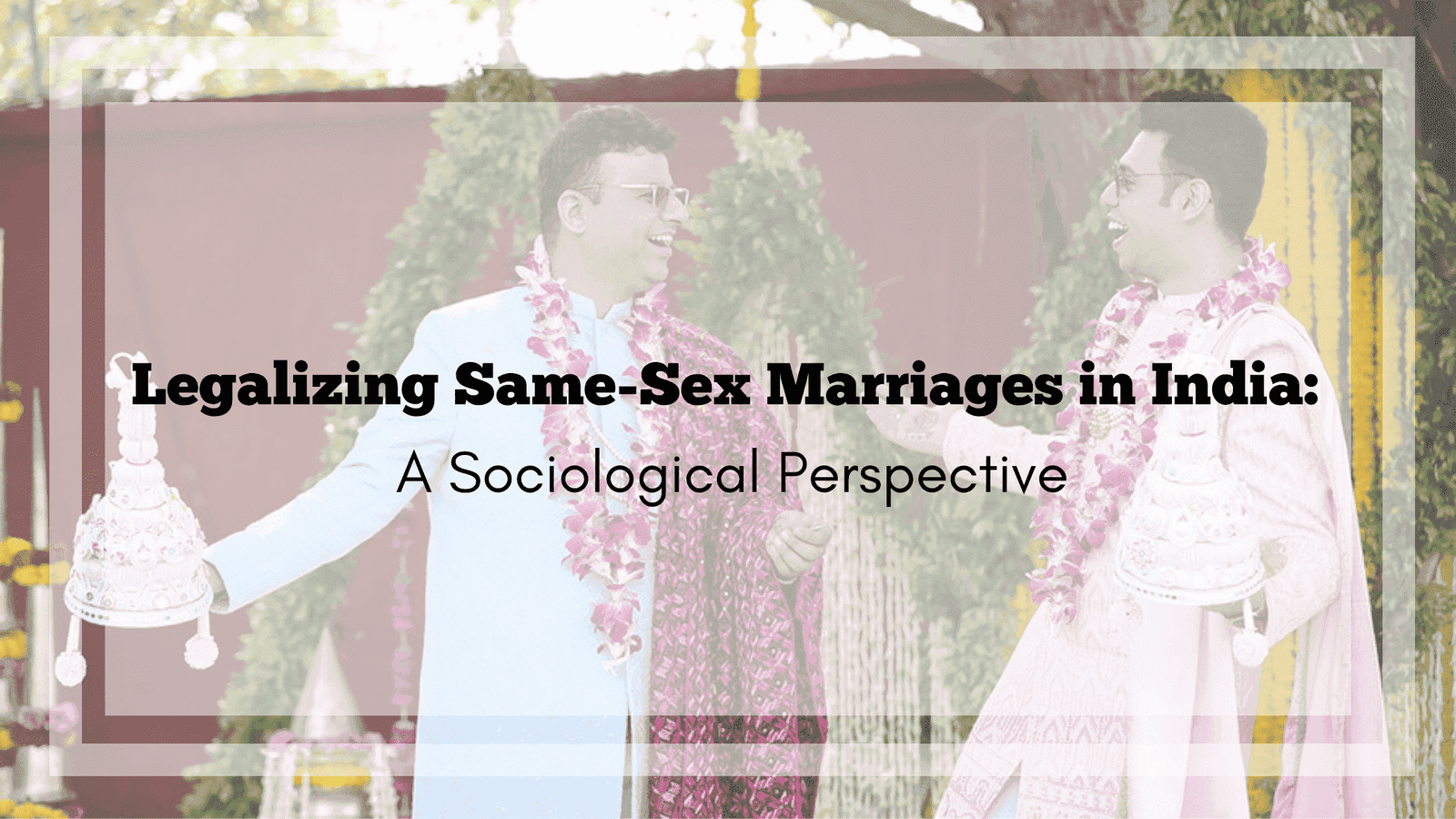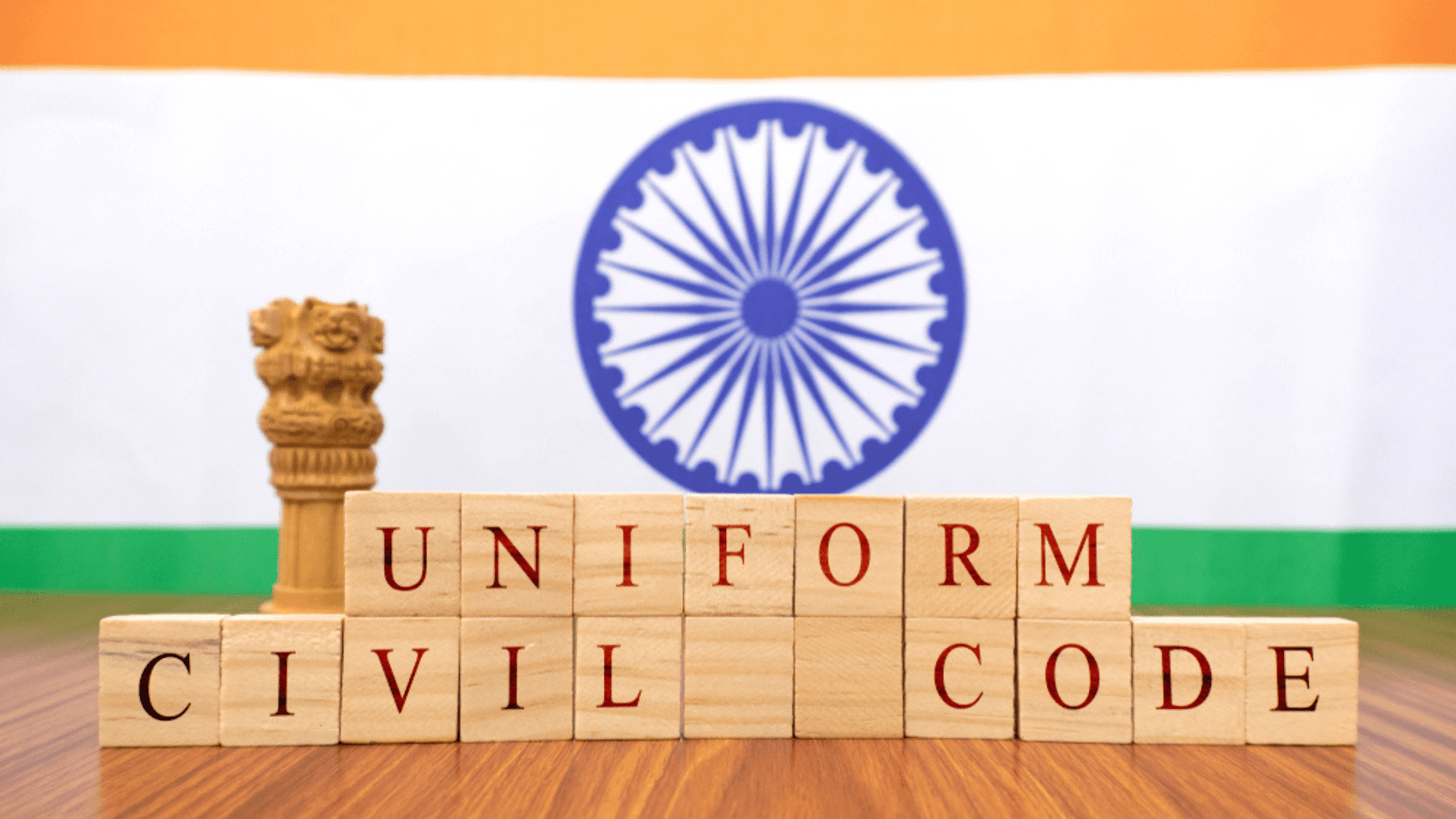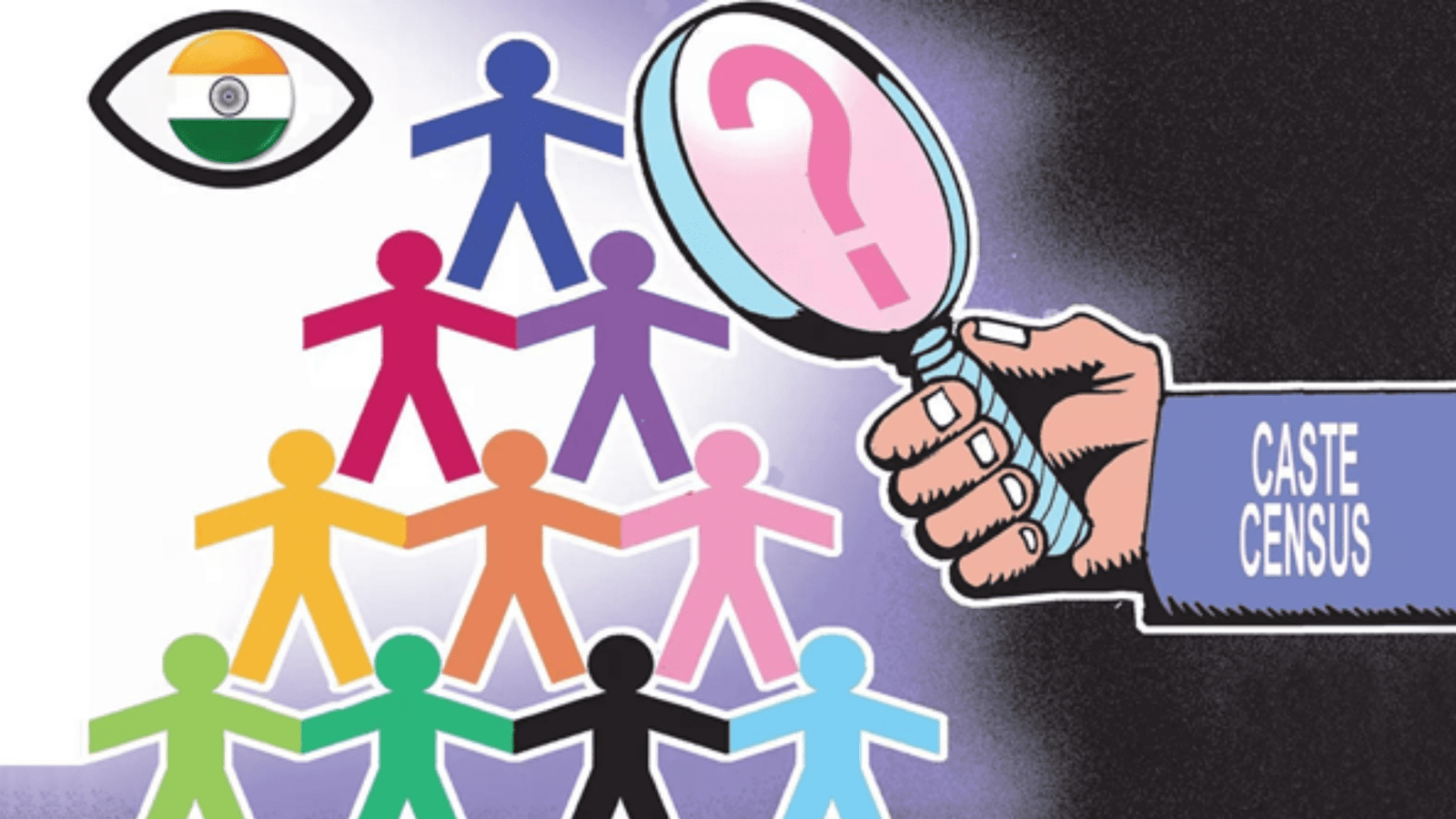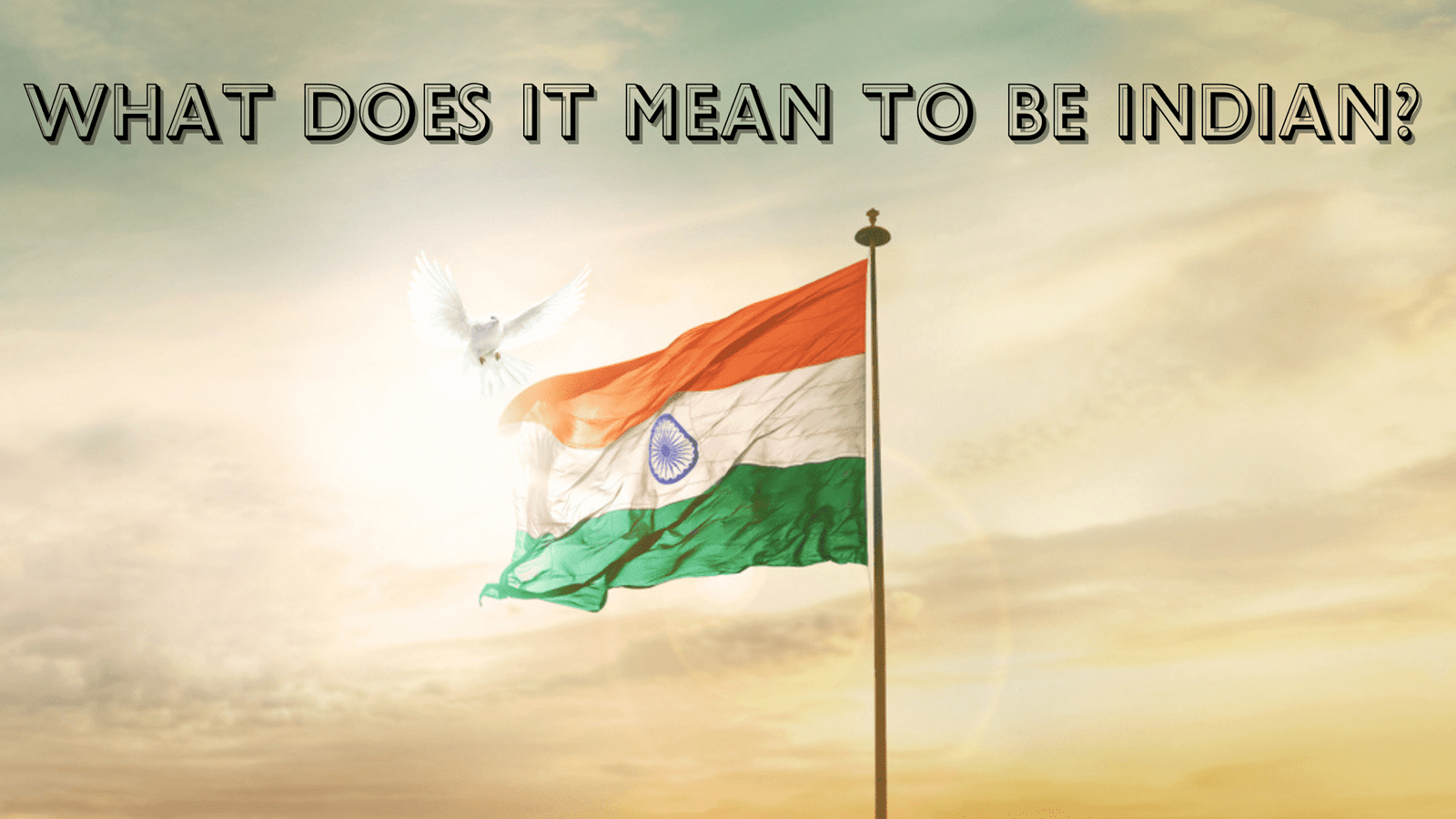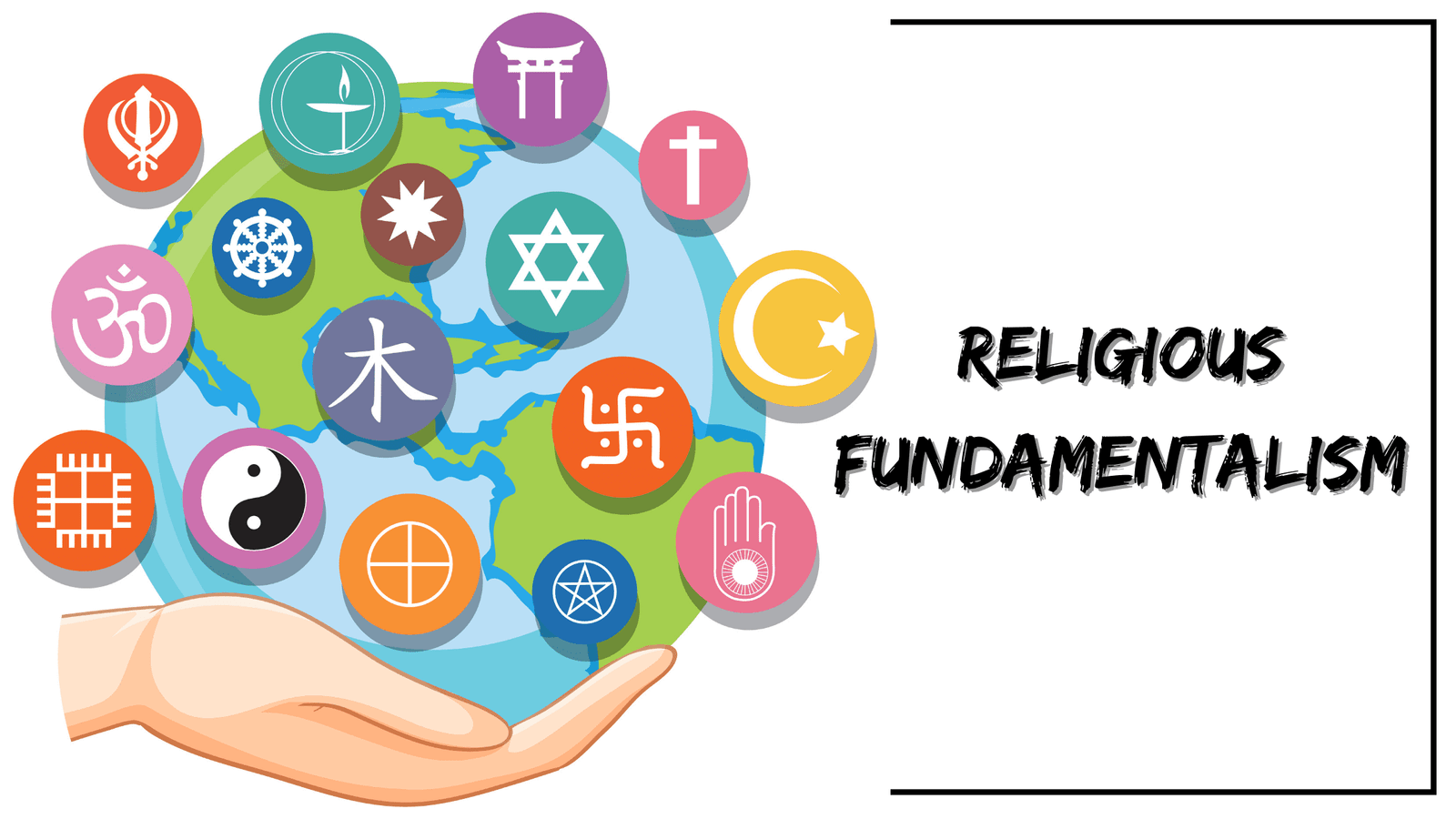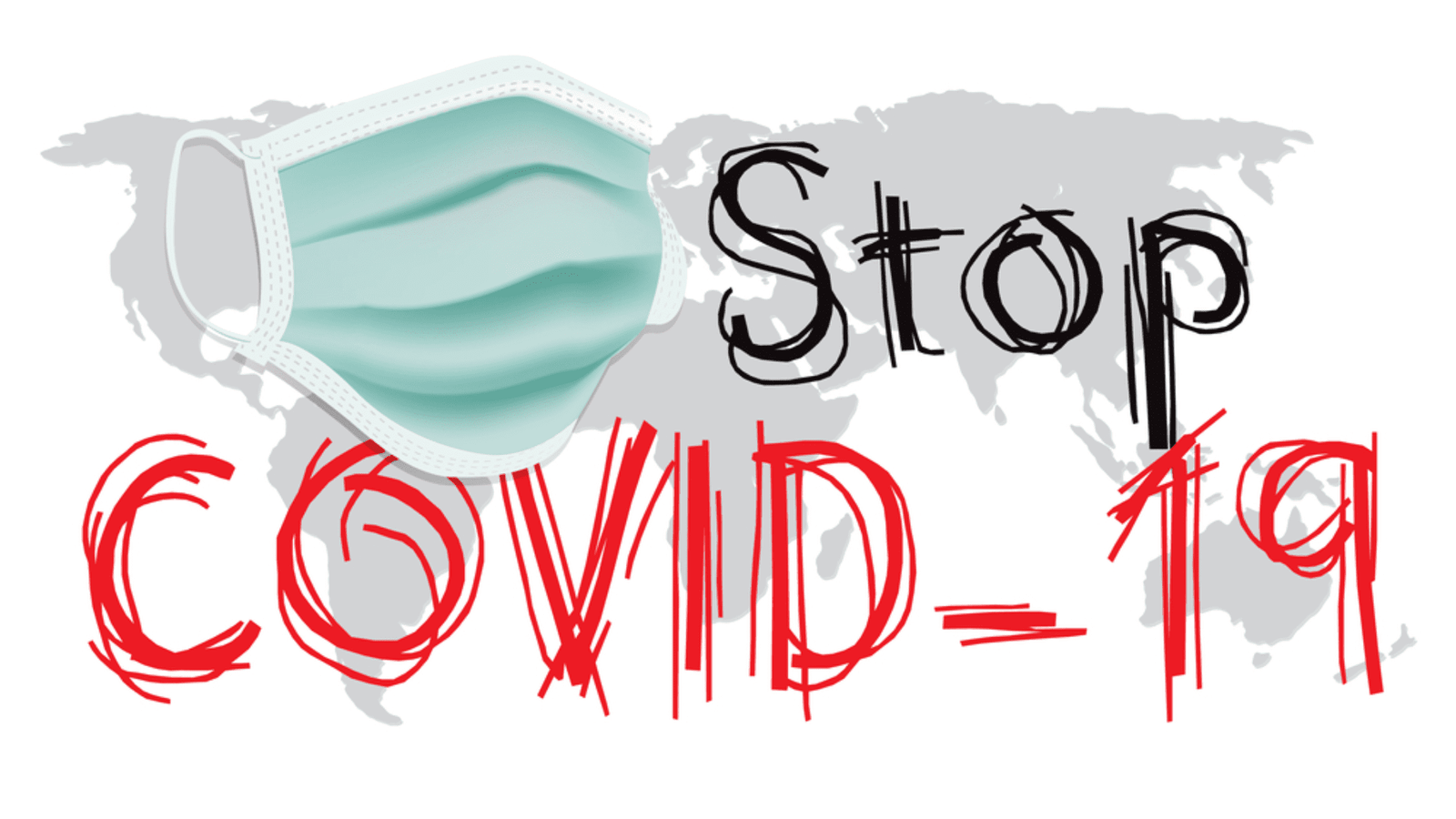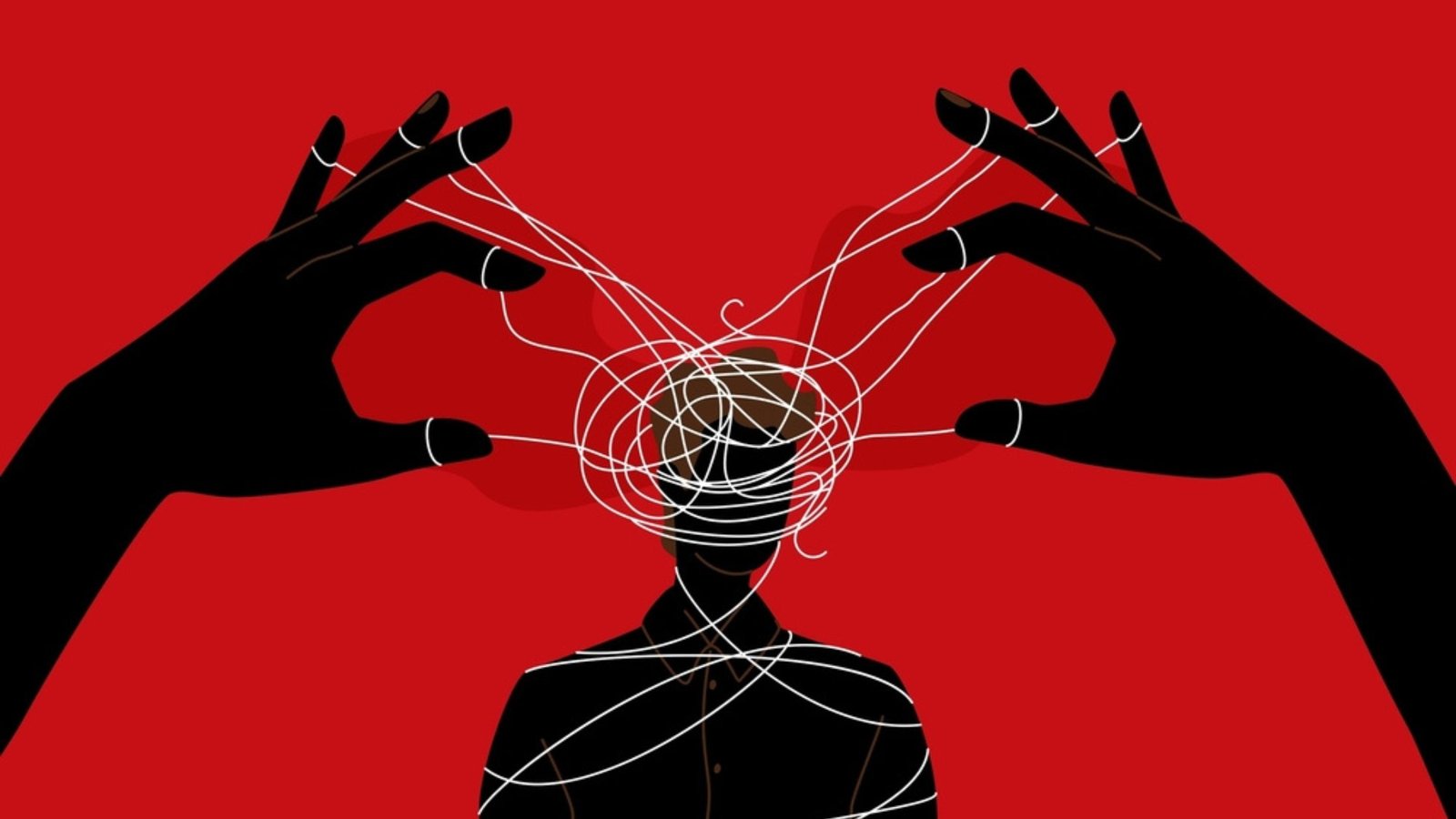
The News:
The Philippine House of Representatives yesterday approved a bill that legalizes divorce in a limited range of circumstances, six years after a similar law stalled in the Senate.
Need for the Bill:
- The Philippines is the only place outside the Vatican where divorce is outlawed, largely due to the influence of the Catholic Church. As a result, pro-divorce activists say, marriages are extremely hard to escape, even in cases of spousal abuse.
- People wanting to end their marriage are forced into a slow and costly legal process, which involves requesting a court for an annulment or a declaration that the nuptials were never valid, to begin with. This can be tricky to prove, and the government can appeal any decision.
- This has spawned a genre of scams promising quick and easy access to the necessary court ruling.
- The House passage does not guarantee the passage of the bill; in 2018, a similar bill passed the House only to die in the Senate.
- A primary reason for the restrictive state of the Philippines’ divorce laws is the pervasive influence of the Church, which has opposed any liberalization and has also opposed the legalization of abortion and contraceptives. Around 78.8 per cent of the Philippines’ population identify as Catholic, according to the country’s latest census, conducted in 2020.
- Recent years have seen liberal lawmakers begin to make inroads against this conservatism. In 2012, they passed the Responsible Parenthood and Reproductive Health Act, also known as the RH Law, which provided universal access to contraception and family planning advice, though the law was staunchly resisted by conservative members of Congress, who have thrown various obstacles in the way of its implementation.
- The Philippines also still has some of the most restrictive abortion laws in the world, which do not contain any clear exceptions, though the Philippine Commission on Human Rights last year expressed its support for the decriminalization of abortion.
- The attitudes of the most conservative Catholics do seem to be out of step with the changing public attitudes to divorce. In 2005, 43 per cent of Filipinos supported legalizing divorce “for irreconcilably separated couples,” according to surveys conducted by the local pollster Social Weather Stations, compared to 45 per cent who disagreed. By 2017, 53 per cent said they were in favour of legalizing divorce, with only 32 per cent opposed.
Key Provisions of the Bill:
- Grounds for Divorce: The bill outlines specific grounds for divorce, such as irreconcilable differences, abuse, infidelity, and abandonment. These grounds aim to provide a clear legal basis for marital dissolution.
- Streamlined Process: The bill proposes a more streamlined and accessible process for obtaining a divorce compared to the current annulment procedures, which can be cumbersome and prohibitive for many Filipinos.
- Support for Women and Children: Provisions are included to ensure the protection and support of women and children, particularly in cases involving domestic violence and abuse.
Implications and Reactions:
- Social Impact: The legalization of divorce is expected to have a profound impact on Filipino society, offering relief to many individuals trapped in unhappy or abusive marriages. It represents a shift towards greater personal freedom and human rights.
- Opposition: The bill faces opposition from conservative and religious groups who argue that it undermines the sanctity of marriage. They express concerns about the potential increase in broken families and the erosion of traditional values.
- Advocacy and Support: Advocates for the bill, including women's rights organizations and progressive groups, argue that it is a necessary step towards modernizing the country's legal framework and providing protection and dignity to individuals in untenable marital situations.
Sociological Analysis on Marriage and Divorce:
- Arlie Hochschild has discussed how the emotional dynamics within families and marriages can be influenced by broader social and economic changes. Hochschild has particularly focused on how the shifting roles and expectations for men and women in both the workplace and home impact marital satisfaction and stability. In her book "The Second Shift," Hochschild examines how working couples manage the demands of home and work life, revealing that women often bear a "second shift" of household and caregiving duties after their paid work. This imbalance can lead to stress and dissatisfaction, which can contribute to marital tensions and potentially divorce.
- Stephanie Coontz notes that the modern concept of marriage, centered around romantic love and emotional satisfaction, is a relatively recent development. This shift has led to higher expectations for personal happiness and fulfillment within marriage, which can contribute to marital instability and higher divorce rates when these expectations are not met.
- Judith Wallerstein's most famous work is her longitudinal study on the effects of divorce on children, which began in the early 1970s. She found that the impacts of divorce on children are profound and long-lasting, often extending into adulthood.
- Ulrich Beck and Elisabeth Beck-Gernsheim argue that modern society is characterized by a process of individualization, where traditional social structures and roles have become less rigid, and individuals have more freedom to shape their own lives. This shift has significant implications for marriage and family life. People now have greater autonomy in choosing their partners and defining their relationships, which can lead to more diverse and non-traditional forms of family. Beck and Beck-Gernsheim also consider the impact of globalization on personal relationships. They argue that global interconnectedness and mobility have further complicated the dynamics of marriage and family life, creating new opportunities and challenges for individuals and couples.
Conclusion:
The passage of the bill to legalize divorce in the Philippines is a landmark decision that reflects changing societal attitudes and the growing recognition of individual rights. While it has sparked debate and controversy, it represents a move towards aligning the country's laws with contemporary social realities and providing legal recourse for those seeking to end their marriages.
